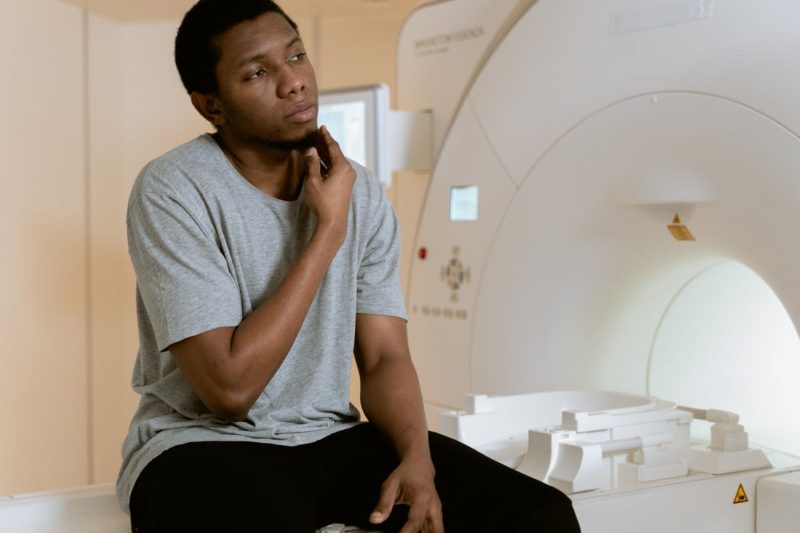There’s a good reason why some Black people don’t go to the doctor
Share
Explore Our Galleries
Breaking News!
Today's news and culture by Black and other reporters in the Black and mainstream media.
Ways to Support ABHM?
By Touré, TheGrio
OPINION: ‘The Deadliest Disease In America‘ explores medical racism to help us see what’s really going on at the doctor’s office.

There are a lot of good reasons why a lot of Black people don’t like going to the doctor. A visit could be expensive. Sometimes doctors lie—remember the horrific Tuskeegee syphilis study? And hey, Black folks know Robitussin can fix almost anything. Chris Rock made a whole joke about it.
But a lot of what really bothers us when we go to the doctor boils down to racism. Quite often medical professionals don’t talk to us or treat us with respect. This and the many other examples of medical racism are at the heart of the 2010 documentary, The Deadliest Disease In America, by filmmaker Crystal Emery. Many Black people find themselves being treated lesser than by doctors just because they’re Black, and it’s not only infuriating, it can lead to a lesser brand of care.
Many times, medical professionals do not believe what Black people are telling them or they may not believe that Black people experience pain in the same way as others, which leads to Black people being systematically undertreated for pain.
“Studies show that Black patients are significantly less likely to be prescribed pain medication and that they generally receive lower doses of it when they are. One possible reason for this, supported by existing studies, is that white people believe Black people experience less pain,” according to the University of Virginia’s Frank Batten School of Leadership and Public Policy.
These dynamics can impact us no matter what our class status is. After Serena Williams had a C-section in 2017, she ran into complications and the medical professionals around her didn’t take what she was saying about her body seriously.
Finish the article to learn about the barriers to medical care experienced by the Black community.
The healthcare disparity isn’t in the past–some Black patients were denied care for COVID-19. Interested in learning more? Check out the book Medical Apartheid.











Comments Are Welcome
Note: We moderate submissions in order to create a space for meaningful dialogue, a space where museum visitors – adults and youth –– can exchange informed, thoughtful, and relevant comments that add value to our exhibits.
Racial slurs, personal attacks, obscenity, profanity, and SHOUTING do not meet the above standard. Such comments are posted in the exhibit Hateful Speech. Commercial promotions, impersonations, and incoherent comments likewise fail to meet our goals, so will not be posted. Submissions longer than 120 words will be shortened.
See our full Comments Policy here.